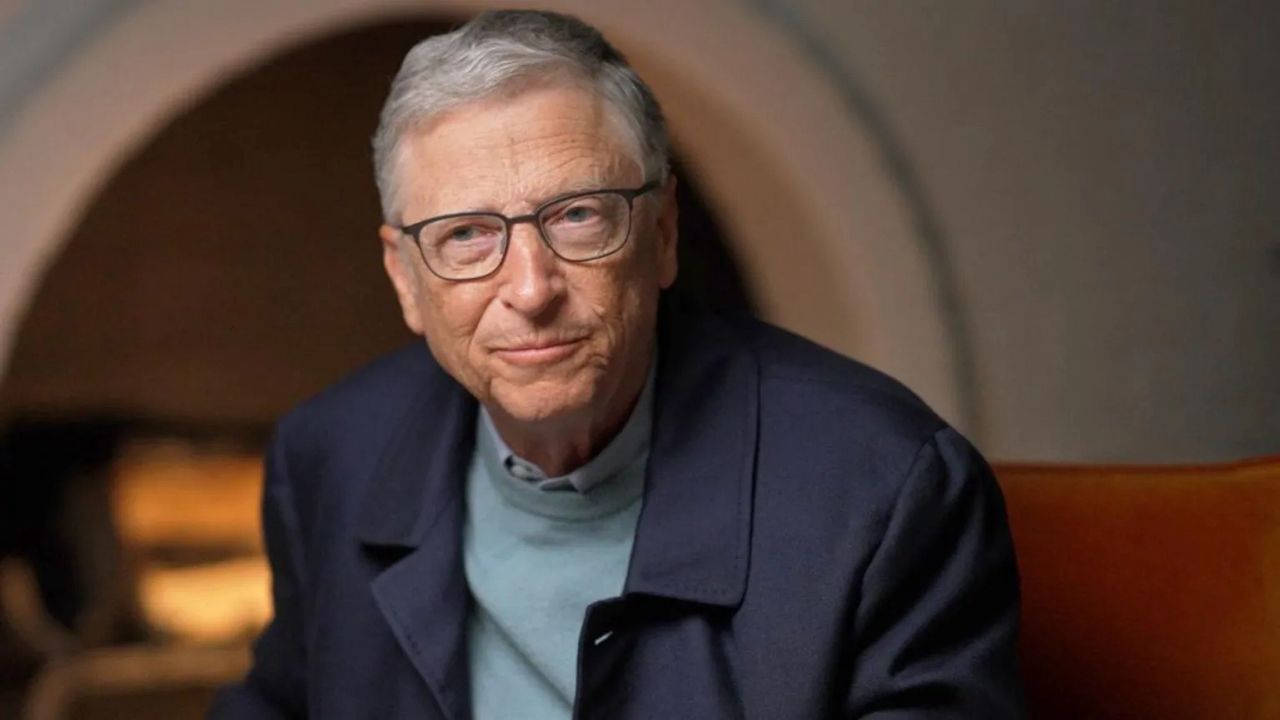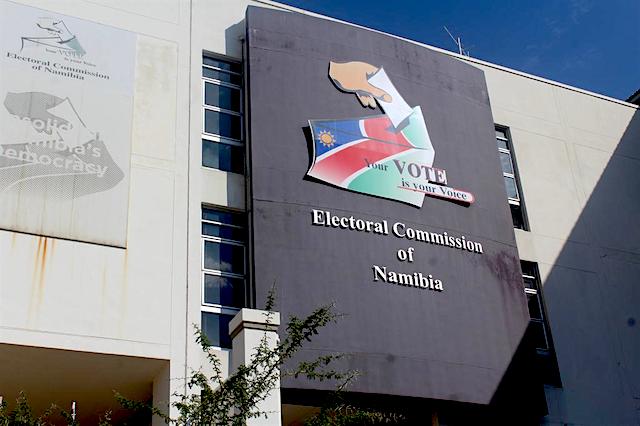NAIROBI – Kenya’s flourishing economy looks likely to shrug off politicking ahead of a close-fought December 27 election and to hold a steady course even if firebrand opposition leader Raila Odinga takes the helm.
In fact, the fate of a delayed IPO for Kenya’s largest mobile phone operator, Safaricom, may be a bigger confidence factor for east Africa’s largest economy than the vote. In what could be Kenya’s tightest ever election, Odinga, the 62-year-old leader of the Opposition Democratic Movement (ODM), has topped opinion polls since September over President Mwai Kibaki, who is seeking another five-year term.”Neither of the two leading contenders for the presidential election is likely in our view to substantively change economic policy,” said David Cowan, Africa analyst for UK-based Citigroup Global Markets Ltd, in a new report on the Kenyan economy.Under Kibaki, gross domestic product has grown an average five per cent annually.Growth reached 6,1 per cent in 2006 from just 0,6 per cent in 2002, the last year of his predecessor’s reign.Economists credit the government with allowing private enterprise the freedom to flourish.But they say growth could have been even better if the government had tackled corruption, speeded infrastructure improvements, and made inroads into crime which foreign investors often cite as a deterrent.Latest figures show Kenya’s economy expanded 7,1 per cent year-on-year in the second quarter of 2007 – compared with 5,8 per cent in the same period last year – and is on course to approach the government’s 7,0 per cent annual forecast.”Growth also looks set to continue despite the political uncertainty surrounding the election,” Cowan said.With Kibaki, 75, expected by many to narrow the poll gap on Odinga soon, campaigning has been intense, and fears of violence and fraud are rising.But analyst Sunil Sanger said the economic impact was proving minimal this year.”In past Kenyan elections, we have seen a lot of economic decisions postponed, but this time activity seems to be moving on without much interruption.And there will be a continuation of policies whoever wins,” said the managing director of Kenya’s CFC Financial Services.Sanger said there may, though, be a modest slowdown in the fourth quarter, leaving overall annual growth at around 6,5 per cent.Sanger said the Safaricom IPO was having a bigger impact than politics, at least on the volatile Nairobi bourse which hit a six-month low in October.”Stocks are moving on the doubts over the Safaricom IPO more than politics,” he said.Hoping to earn a windfall and give small investors a great chance to make money on one of Kenya’s most successful firms, the government wants to push through the US$600 million sale of a 25 per cent stake in Safaricom before voters go to the polls.But Odinga’s ODM is trying to block that, arguing that controversy over a secret five per cent stake in Safaricom, held by a Guernsey-based firm, should be cleared up first.Nampa-ReutersIn what could be Kenya’s tightest ever election, Odinga, the 62-year-old leader of the Opposition Democratic Movement (ODM), has topped opinion polls since September over President Mwai Kibaki, who is seeking another five-year term.”Neither of the two leading contenders for the presidential election is likely in our view to substantively change economic policy,” said David Cowan, Africa analyst for UK-based Citigroup Global Markets Ltd, in a new report on the Kenyan economy.Under Kibaki, gross domestic product has grown an average five per cent annually.Growth reached 6,1 per cent in 2006 from just 0,6 per cent in 2002, the last year of his predecessor’s reign.Economists credit the government with allowing private enterprise the freedom to flourish.But they say growth could have been even better if the government had tackled corruption, speeded infrastructure improvements, and made inroads into crime which foreign investors often cite as a deterrent.Latest figures show Kenya’s economy expanded 7,1 per cent year-on-year in the second quarter of 2007 – compared with 5,8 per cent in the same period last year – and is on course to approach the government’s 7,0 per cent annual forecast.”Growth also looks set to continue despite the political uncertainty surrounding the election,” Cowan said.With Kibaki, 75, expected by many to narrow the poll gap on Odinga soon, campaigning has been intense, and fears of violence and fraud are rising.But analyst Sunil Sanger said the economic impact was proving minimal this year.”In past Kenyan elections, we have seen a lot of economic decisions postponed, but this time activity seems to be moving on without much interruption.And there will be a continuation of policies whoever wins,” said the managing director of Kenya’s CFC Financial Services.Sanger said there may, though, be a modest slowdown in the fourth quarter, leaving overall annual growth at around 6,5 per cent.Sanger said the Safaricom IPO was having a bigger impact than politics, at least on the volatile Nairobi bourse which hit a six-month low in October.”Stocks are moving on the doubts over the Safaricom IPO more than politics,” he said.Hoping to earn a windfall and give small investors a great chance to make money on one of Kenya’s most successful firms, the government wants to push through the US$600 million sale of a 25 per cent stake in Safaricom before voters go to the polls.But Odinga’s ODM is trying to block that, arguing that controversy over a secret five per cent stake in Safaricom, held by a Guernsey-based firm, should be cleared up first.Nampa-Reuters
Stay informed with The Namibian – your source for credible journalism. Get in-depth reporting and opinions for
only N$85 a month. Invest in journalism, invest in democracy –
Subscribe Now!










